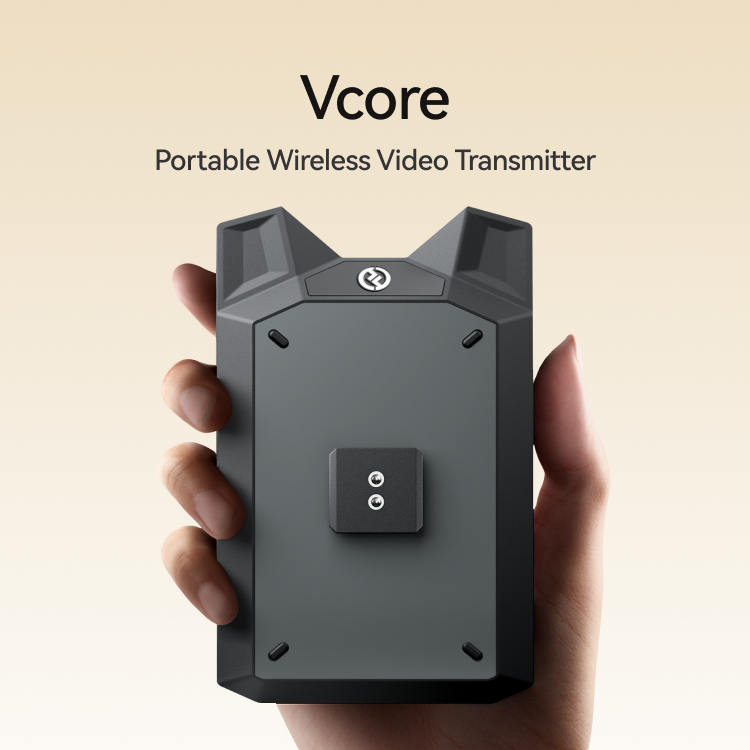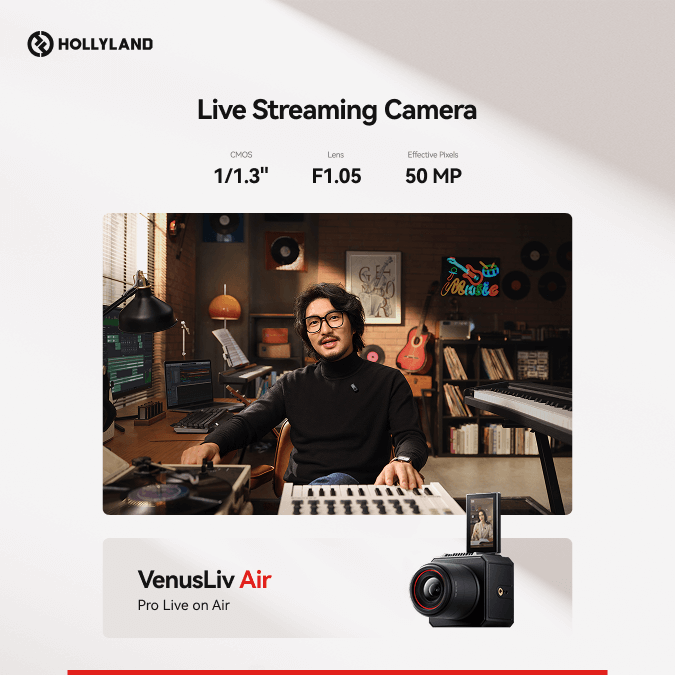With technological advancement, artificial intelligence is finding a vast application in different professional industries. Music and audio content industries are no exception, as AI audio generators have revolutionized how creators generate music and AI narrations. The general public is still unaware of the use cases and workings of these AI audio content creation tools. Therefore, this article will present everything you need about AI audio generators.
Understanding AI Audio Generators
AI audio generators are modern tools with a remarkable ability to generate or manipulate sound in a creative manner using artificial intelligence. These tools utilize neural networks, which are a form of AI designed through the inspiration of human brain functionality. It enables them to analyze vast amounts of audio data and learn innovative patterns and features. AI audio generators can mimic various sounds, create voiceovers, or generate music effortlessly.
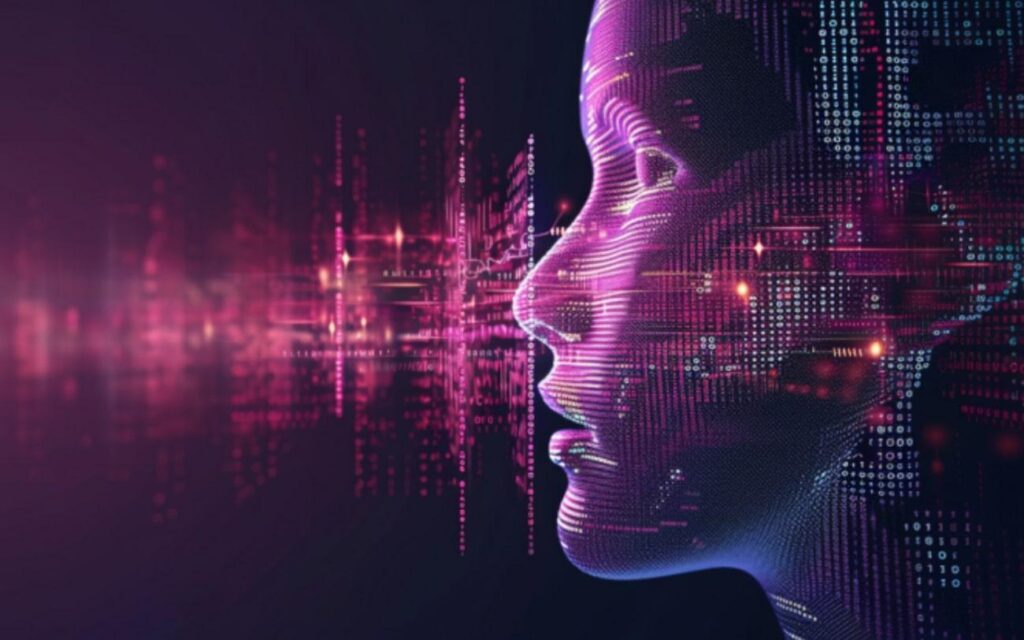
The key mechanism behind the outstanding performance of these tools is the use of generative models. These models work by learning the statistical distributions of sound samples and creating new ones that closely resemble those samples. You can count on these AI audio generators not only for entertainment purposes but also in professional music composition fields.
Key Features of AI Audio Generators
Now that you have a brief understanding of AI audio generators, let’s talk about the distinct features of these tools. Like any other AI tool, the main essence of the features of these tools revolves around the generation and modification of your data. Plus, they can even integrate with other tools and customize your content as per your taste. Go through some of the essential features of AI audio generators, which are given below, to maximize your knowledge about these tools.
- Voice Generation and Modification
These AI tools are capable of generating realistic voiceovers for your provided videos in multiple languages and accents through text-to-speech processing. Using AI audio generators, you can offer text data to create automatic spoken audio.
They mimic human speech patterns and pronunciations to provide you with high-quality voice outputs. Also, these tools allow users to adjust the specific parameters in their generated audio, like pitch, tone, speed, etc.
- Music Composition
Not only can you generate TTS audio through these tools, but you can also revolutionize the process of music creation. You can design several kinds of music tracks by specifying the genre without any need for manual instruments.
By using machine learning techniques, these tools enable users to compose melodies, harmonies, and rhythms through creativity and coherence. For example, AIVA is one such tool that can effectively compose music based on user inputs.
- Sound Effects Creation
Sound effect creation is another required element for the current era of entertainment and media production. AI audio generators can create unique sound effects that you can use for various purposes, i.e., games, movies, etc.
These systems can even generate complex sound effects, including footsteps, explosions, or weather effects. One of the AI-driven platforms that can create custom sound effects for multiple purposes is SoundMind.
- Customization and Control
AI audio generators facilitate users with a wide range of customizations to make their work more creative and innovative. For instance, they allow you to adjust the tone, pace, style, or other audio output characteristics per your requirements. Such customization capabilities empower users to experiment with new ideas and refine their already-made creations with precision and ease.
- Integration with Other Tools
You can seamlessly integrate these AI tools with a variety of other tools or platforms, including video editing or multimedia presentation software. It enables users to incorporate AI-generated content directly into their projects, enhancing their creative possibilities.
Thus, you can drive collaboration and efficiency in your workflow across diverse industries and disciplines. Unity Engine is a game development platform that offers plugins for integrating with AI-driven audio technologies.
How AI Audio Generators Work
AI voice generators mainly operate through machine learning algorithms and neural networks. The natural language processing models of these tools are trained on vast amounts of data that include recorded human speech and relevant text transcripts. To understand the workings of these AI tools further, go through this section to the end.
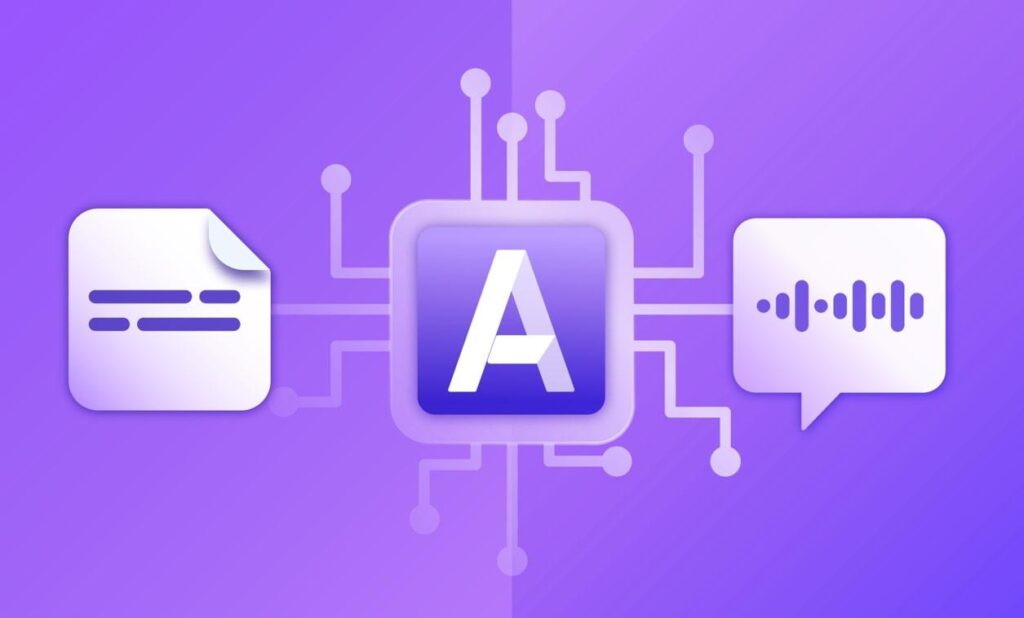
- Data Analysis
The very first step in the working of these tools is to analyze the dataset of audio files to learn patterns, rhythms, and other relevant elements. It may include various kinds of audio, such as music recordings, speech samples, environmental sounds, and more.
By doing this, the AI extracts specific features from the audio data and gains insights into the underlying structures and patterns to generate various sounds.
- Learning Phase
Once the AI has analyzed the dataset, it enters the learning phase, where it trains machine learning models to understand different aspects of audio creation. During training, the AI learns to recognize and generate audio features such as pitch, tempo, dynamics, and emotional expression. So, it helps AI to gradually improve its ability to create realistic and creative audio output.
- Synthesis
After completing the learning phase, AI can synthesize new audio based on input parameters and the learned data. For example, users may input a melody or chord progression, and the AI generates a complete musical arrangement around it. Similarly, in voice generation, users can input text along with desired voice characteristics, and the AI produces spoken audio with the specified attributes.
- Refinement
The synthesized audio output can be further refined through various mechanisms using the artificial intelligence of these tools. Users may adjust specific parameters or incorporate feedback loops where AI learns from the corrections and evaluations of its output.
Over time, as the AI receives more feedback and exposure to diverse audio examples, it refines its synthesis capabilities and produces increasingly high-quality and relevant audio output.
Choosing the Right AI Audio Generator
Although there are plenty of AI audio generators available over the internet with unique features of their own, it’s essential to choose the right one for your needs. Not every tool drives you towards the same output that you specifically want. Therefore, you must consider the following aspects that may help you in choosing the most appropriate one for your work:
- Purpose: The most important aspect is to identify the primary purpose for which you are going to use the AI audio generator. Different tools may specialize in tasks such as music production, voiceover generation, or the creation of sound effects. By clarifying your intended use case, you can narrow down your options and select the right one for you.
- Quality of Output: Always look for tools renowned for generating high-quality and realistic results and meeting professional standards. Reading reviews, listening to sample output, and seeking recommendations from professionals can assist you with this search.
- Customization: We all want flexibility and a range of customizations in any kind of work to make it more personalized and relevant. That’s why ensure the AI audio generator offers enough customization options to meet your specific needs and preferences.
- Ease of Use: It’s wise to choose an intuitive and user-friendly AI tool that may minimize your time wastage and effort to learn it, especially if you are a beginner. A streamlined workflow and intuitive interface can significantly enhance your productivity and creativity when using the tool.
- Cost: Another vital aspect to consider when going for an AI audio generator is its cost. Make sure it fits your budget and doesn’t cause a burden for you. Balancing the cost with the features and quality of the tool is essential to making an informed decision about the choice of that tool.
Tips for Using AI Audio Generators Effectively
Once you analyzed all the necessary factors explained above, you will be able to pick the right AI audio generator for your needs. Upon selecting the desired tool, it is essential you have an idea about its utilization to get the maximum output. We recommend you take guidance from the following tips to learn how to take advantage of AI audio creators for professional use.
- Start with Clear Objectives
A good musical composer will clearly understand what he wants to achieve with the audio output before utilizing the AI audio maker. Whether you’re creating background music for a video or composing music, you need to have an eye for your end goal to guide your choices during the generation process.
Doing so will surely help you to get clarity in selecting appropriate settings and providing relevant input to the AI model.
- Experiment with Audio Composition Settings
AI audio generators often offer a variety of settings and parameters that can significantly affect the output. While using these AI tools, you will get the option to choose from different instruments and music styles.
Composers should never be afraid to experiment with these settings to explore the full potential of the tool. In addition, you should look to adjust parameters such as tempo and mood to find the perfect sound for your project.
- Utilize Presets for a Quick Music Production
Users can utilize pre-configured presets present in the AI audio creators to produce specific types of audio, such as cinematic scores and electronic beats. These presets will serve as a great starting point, especially when the person using the tool has no prior experience with music production.
Moreover, we recommend you experiment with presets to quickly identify the styles and settings that align best with your objectives.
- Provide Detailed Input
The quality of the generated sound will ultimately depend on the quality and specificity of the input provided to the AI model. When using an AI audio creator, you should try to provide detailed feedback or guidance to help the model understand your preferences and requirements better.
For this purpose, music producers can specify elements, including melody, rhythm, and instrumentation, to help AI understand their vision.
- Continuous Learning
Some AI audio makers incorporate feedback mechanisms that allow users to provide input on the generated audio’s quality. Professional composers can take advantage of these feedback loops if available, as they can help improve the generated audio over time. They also get the chance to contribute to refining the AI model’s capabilities by mentioning what works best for them.
Top 5 Potential Uses of AI Audio Generators
Upon understanding how to utilize AI audio creators in a proper way, let’s talk about the different use cases of these tools. As discussed, AI audio makers have distinct features that can help professionals from various industries generate audio for their projects. Go through all these general applications of these AI tools to get the know-how about their utility.
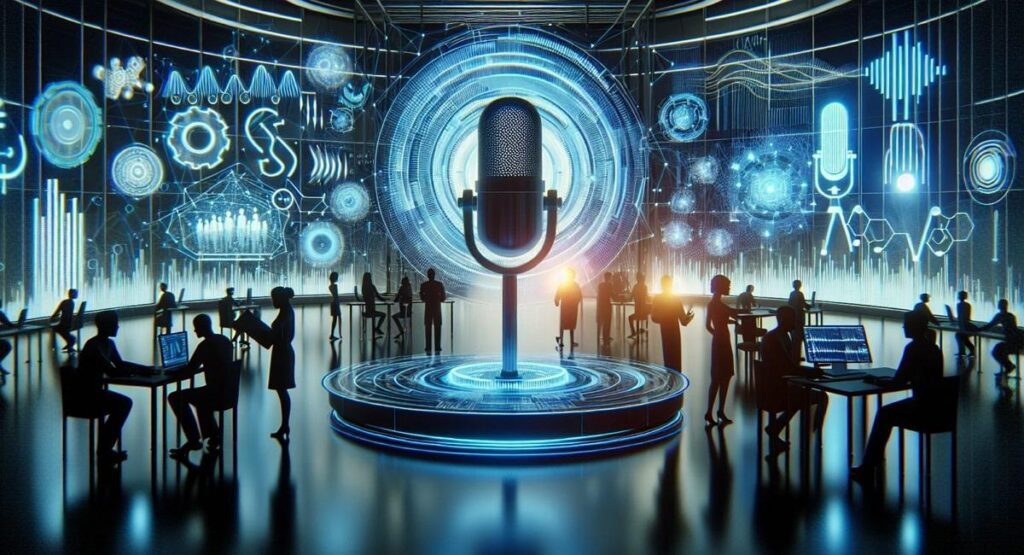
- Content Creation: Social media influencers can utilize these AI audio generators to create background music or narrations for their online video content. With the help of this background music, they can set the mood of the video to engage their viewers. Moreover, you have the option to generate viral sound effects to make visual content more entertaining.
- Gaming Industry: Developers can create an immersive experience for players using these AI tools for sound effects production. Using these AI sound creators, developers can add audio for in-game events, including footsteps, explosions, or environmental changes. Additionally, you get the chance to utilize AI to generate character voices without spending money on voice actors.
- Music Production: AI audio generators offer endless possibilities for musicians to turn their vision into engaging tunes. You can utilize these AI tools to brainstorm new musical ideas and experiment with different melodies. Other than that, composers can explore new musical genres and styles to expand their creative horizons.
- Educational Materials: E-learning websites can take advantage of these AI voice generators to create audiobooks and language learning materials. Utilizing these tools, you can convert text into natural-sounding speech for the ease of the learners. Besides, such websites can reach a global audience with the use of AI tools by providing audio content in different accents and languages.
- Virtual Assistants: Customer support agencies have the option to utilize these AI audio makers to create natural-sounding voices for virtual assistants. By doing so, they can provide a seamless and pleasant user experience with human-like voices. All in all, it enhances the interaction between users and virtual assistants for better two-way communication.
Ethical Considerations While Using AI Audio Generators
We cannot deny the role AI tools play in audio content optimization in every industry. However, you have to take some factors into consideration to avoid any misuse of AI-generated content. Before making music with these AI sound generators, go through these important ethical considerations to comply with different laws:
- Copyright Issues: You may face issues with copyright laws, even when creating audio with AI tools. Users need to buy the premium plan of the relevant music generator to utilize the AI-generated content for commercial purposes. Moreover, you can still face copyright problems when such laws protect the input audio you use for content creation.
- Misuse Potential: While utilizing AI tools to create realistic voices, you have to take responsibility to avoid any potential misuse of such voices. With the advancement in technology, AI audio generators can now produce incredibly realistic voices of celebrities and politicians. Due to this, there is a vast potential for identity theft and creating fake news. A responsible content creator should always take action to prevent any reputational harm and privacy violations.
- Transparency: Music composers and producers should maintain transparency, which is key when using AI-generated audio for commercial purposes. While AI-generated voices can sound remarkably human-like, they need to disclose that audio has been artificially generated by AI. Doing so will help them manage expectations and maintain trust with the audience.
Bonus Tip. Best Wireless Microphone to Add Your Audio to AI-Generated Music
After creating soothing music with AI generators, you need a high-quality microphone to record signing audio for song production. Hollyland Lark Max can help you in this regard with its advanced MaxTimbre technology that provides studio-level audio output. In addition, you can record your audio for interviews using this wireless microphone before merging it with AI-generated background music.
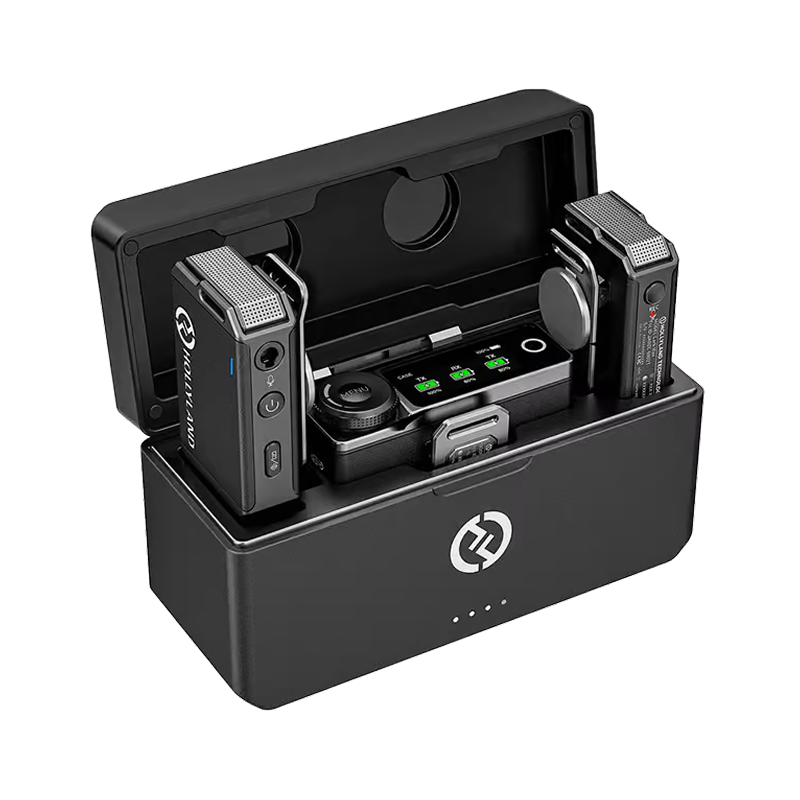

Hollyland LARK MAX - Professional Wireless Microphone
A professional wireless microphone system featuring studio-quality audio with advanced noise cancellation.
Key Features: Studio-Quality Audio | Magnetic Attachment | 8GB Internal Recording
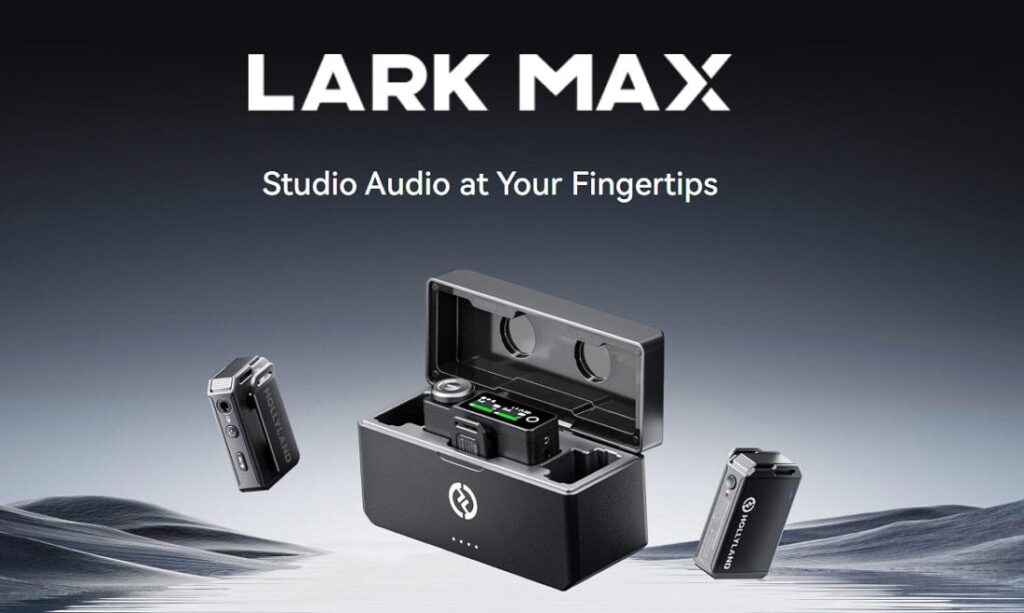
Moreover, this highly efficient mic comes with two transmitters to let you record different people at the same time for podcast recording. Audio content creators can also benefit from its professional noise cancellation technology to avoid any disturbance. Furthermore, it has different sound recording modes, including mono and stereo, to match the quality level of AI-generated audio content.
Conclusion
Throughout this article, we have discussed everything you need to know about AI music generators. You are now familiar with all the basic features and applications of these AI tools for audio content creation. Once you generate music with AI tools, you can utilize an advanced microphone like Hollyland Lark Max to record and add audio to this music. Doing so will help you create crisp-sounding audio content with the combined efforts of humans and AI.
Even the best AI audio generators need quality audio input to produce realistic results. A reliable wireless lavalier microphone ensures crisp, clear voice recordings, empowering your AI audio projects with exceptional input quality.
FAQs Related to AI Audio Generators
Q1. What is an AI audio generator?
You can define an AI audio generator as a technology that can create realistic-sounding speech or music from written text. These tools utilize AI algorithms to analyze the text prompt and generate audio output accordingly.
You can use these AI audio creators to create voiceovers for videos or presentations. In addition, these tools also have a vast application in gaming, e-learning, and other such industries.
Q2. How does an AI audio generator work?
An AI audio maker utilizes algorithms based on deep learning techniques to process input data and generate audio output. For text-to-speech applications, the system analyzes textual input and then synthesizes corresponding speech waveforms. When talking about music composition, AI models learn patterns and styles from vast datasets of existing music to generate original compositions.
Q3. Can AI audio generators create realistic voiceovers?
Yes, AI audio creators have made note-worthy advancements in generating realistic voiceovers. Using advanced algorithms, these tools have gained the ability to mimic human speech patterns and nuances. AI text-to-speech models also take advantage of large datasets of human speech to learn pronunciation and rhythm for human-like narrations.
Q4. Are AI-generated audio copyright-free?
The copyright situation for AI-generated audio can be a bit complex because AI itself doesn’t own the copyright. Some platforms might have restrictions on how you can use the generated audio, so you can face copyright issues while using such audio. However, there are AI audio generators available that allow you to use royalty-free audio in your projects without paying extra fees.
Q5. How can I choose the best AI audio generator for my needs?
To choose the most appropriate audio generator, you have to evaluate your requirements according to the type of content you want. Creators looking to generate AI narration should look for audio tools with TTS technology. At the same time, music producers need to search for customization features, such as tone adjustment, music style options, and instrument libraries.
Q6. What are the limitations of AI audio generators?
No matter how much AI technology has evolved, you will still feel a robotic touch in the AI-generated audio. In addition, some AI audio creators may not be able to have a good contextual understanding of your musical needs. Moreover, composers must sacrifice their creative freedom while generating music with these tools.
Q7. Can AI audio generators replace human musicians or voice actors?
No, AI tools are only here to assist human composers and voiceover artists in audio content creation. Therefore, these tools can never replace human artists, as they lack the creative touch that human musicians bring to the songs. Moreover, the narrations generated by these tools sound a bit robotic, which can affect the uniqueness of the content.
Q8. How do I improve the quality of AI-generated audio?
You have to experiment with different customization options, such as tone and instrumentation, to improve the audio output. In addition, we recommend you train your AI tool with human narrations and quality music. Furthermore, you can make use of a feedback mechanism to teach AI music generators what type of output is suitable for your needs.
Q9. Are there any free AI audio generators available?
You will rarely find any AI music generator that is entirely free. However, almost all such tools offer free trial or limited access to the audio content creation features. Users can utilize music generators such as Soundful and Beatoven for free with limited features. Other than that, you can get free voiceovers and AI narrations with the help of tools such as TTSMaker and Natural Reader.
Q10. What ethical considerations should I keep in mind when using AI audio generators?
While creating narrations with AI tools, you have to avoid any privacy breaches due to identity theft. Also, you should be aware of copyright laws when using AI-generated music for your commercial videos. Moreover, after uploading AI content online, users should mention its source to avoid any misconception among the listeners.
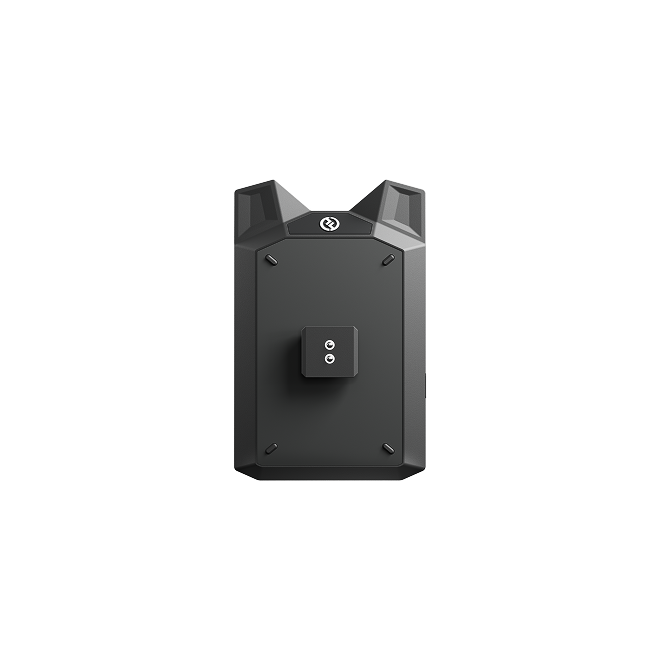

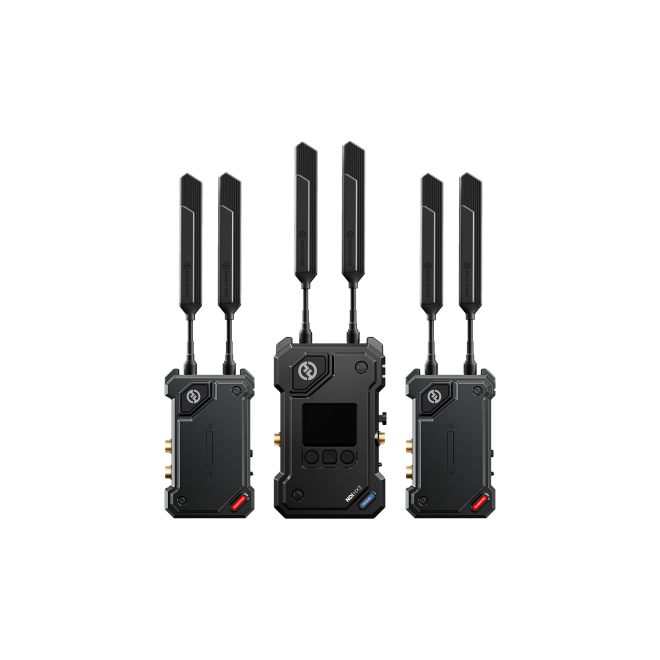
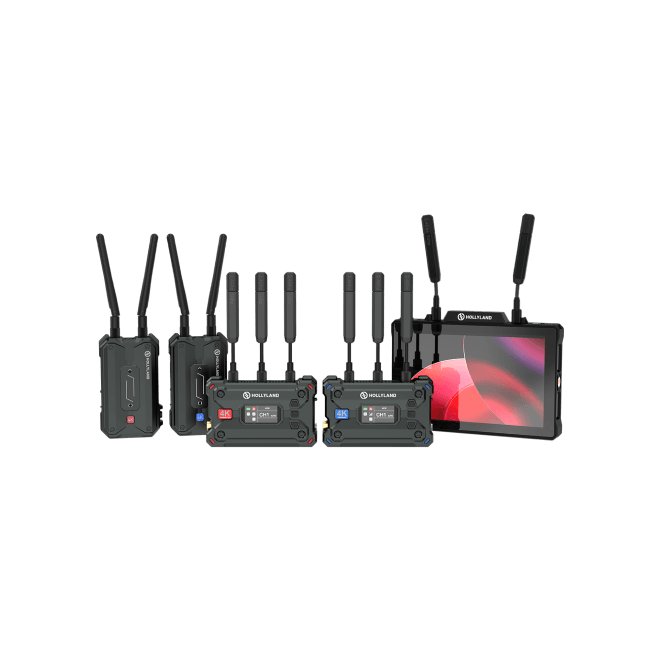
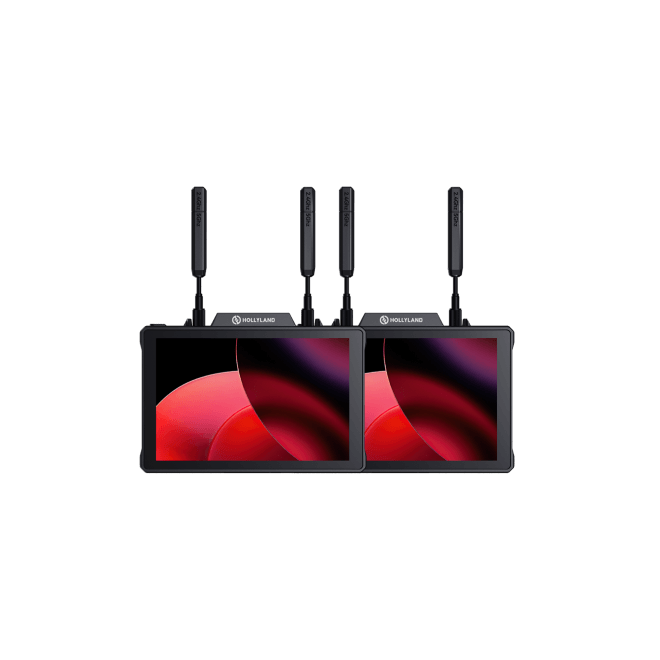
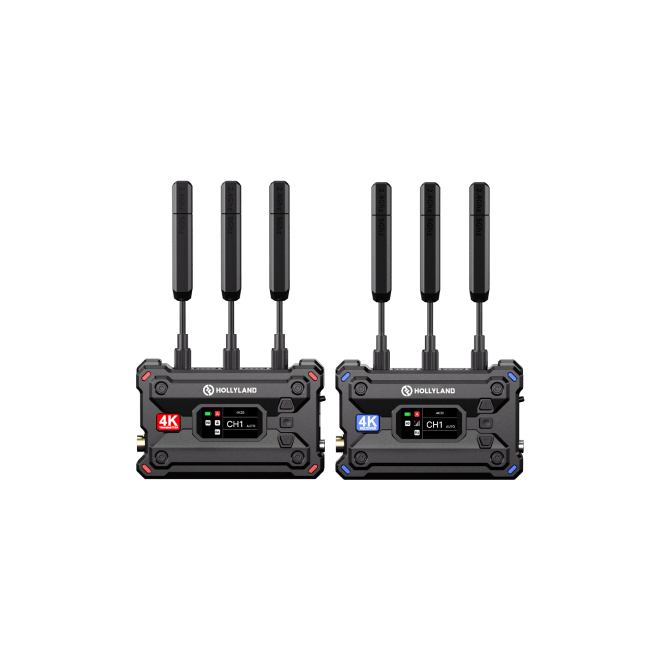
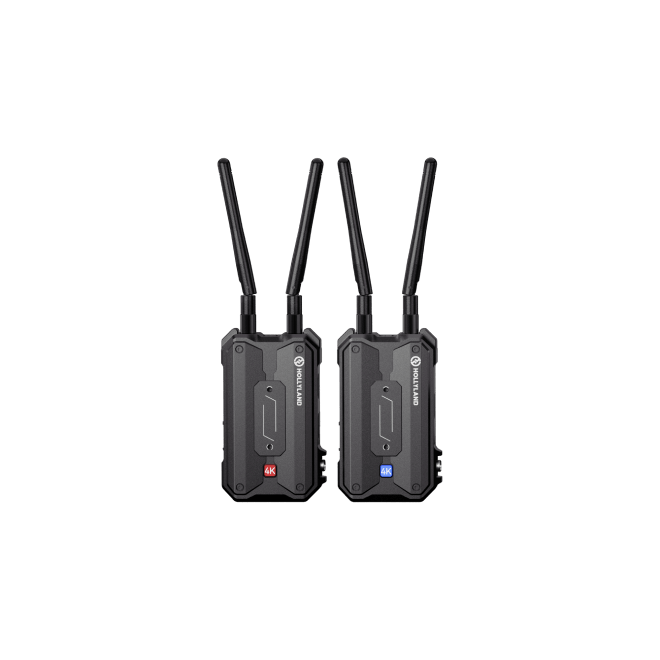
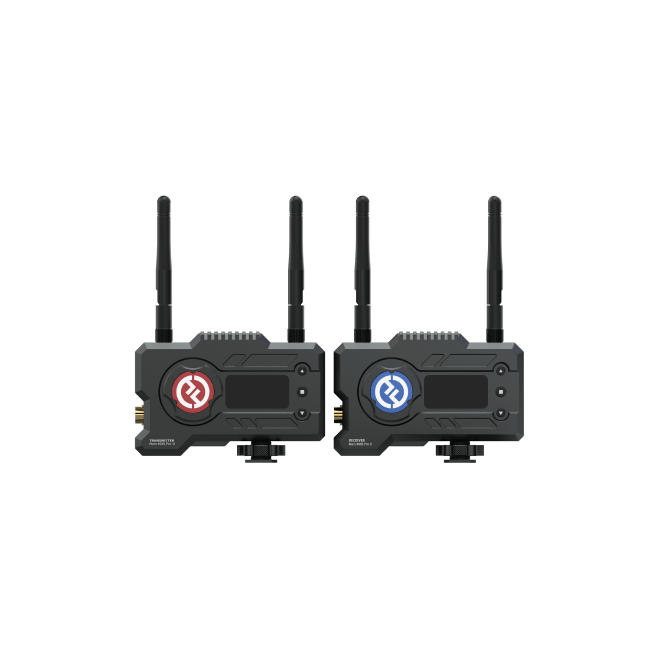
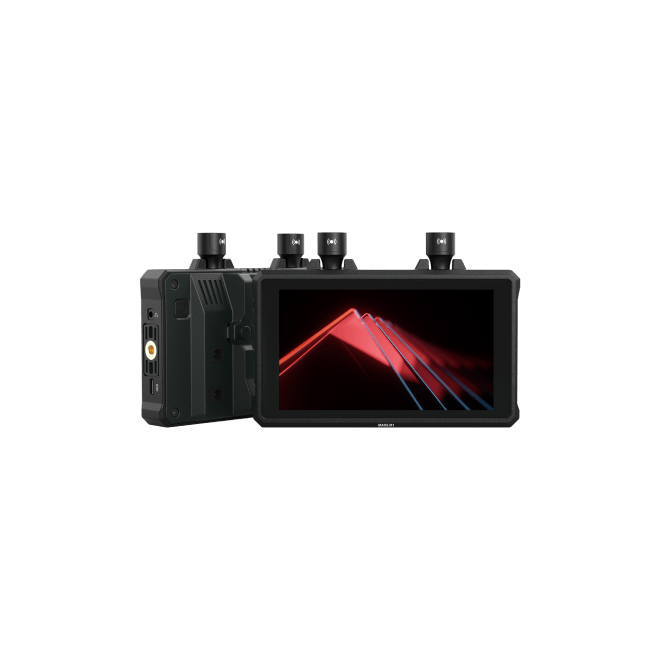
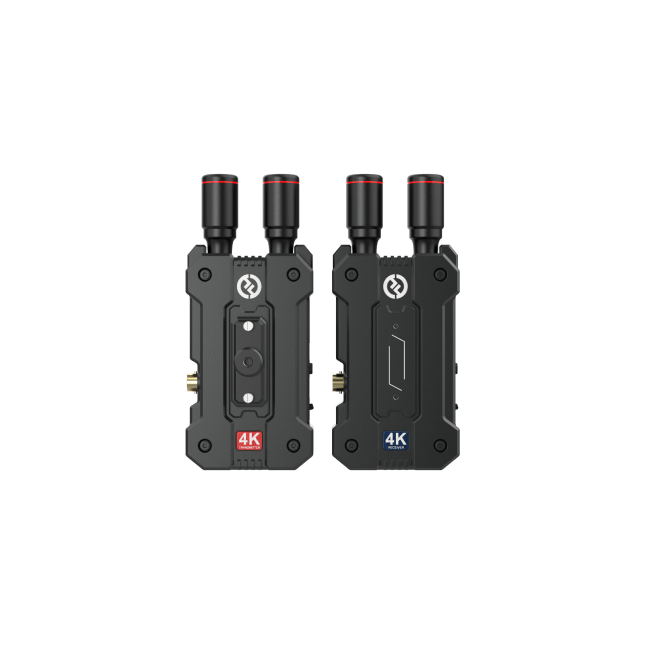
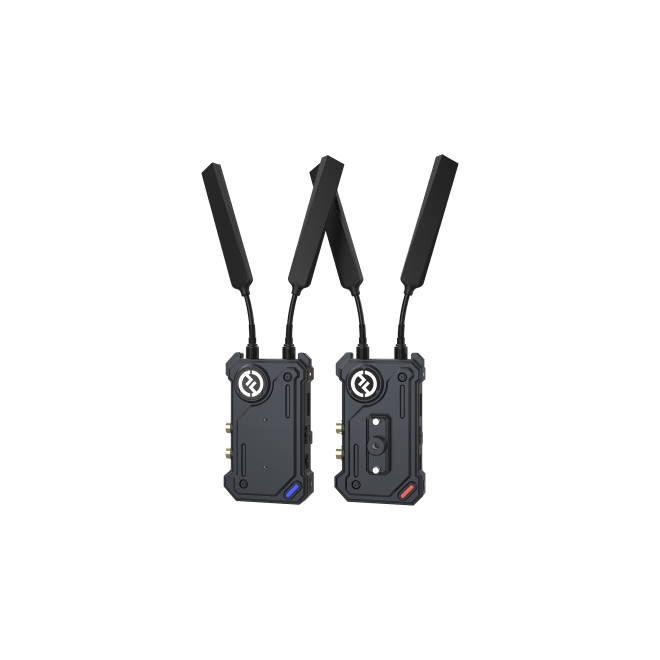
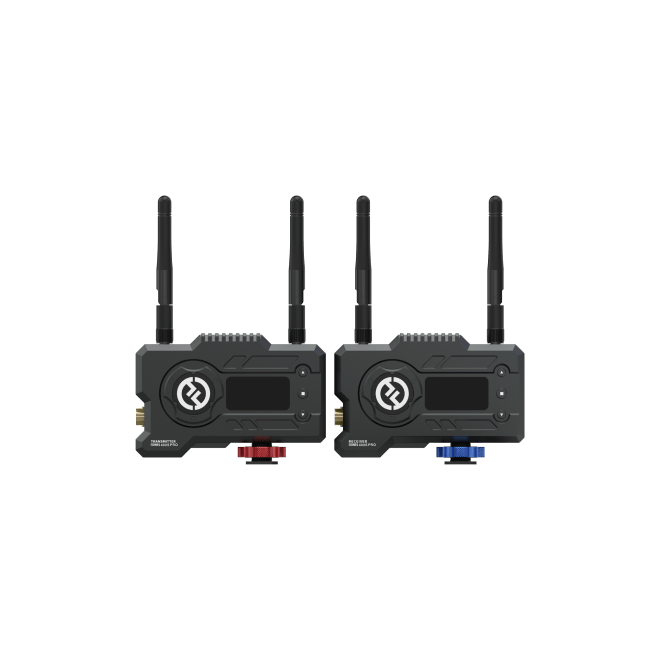
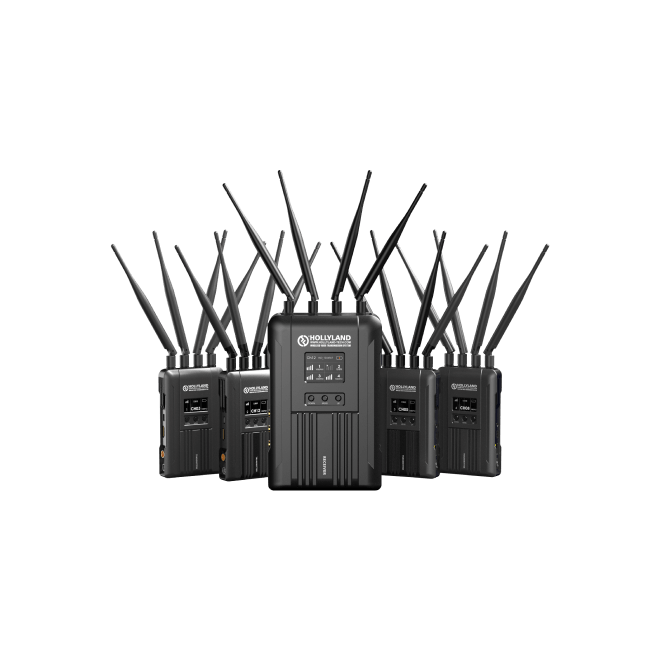
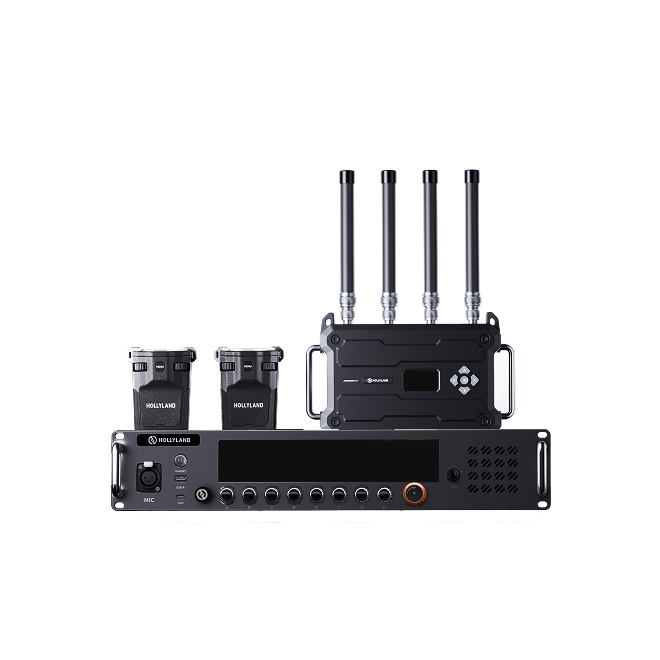



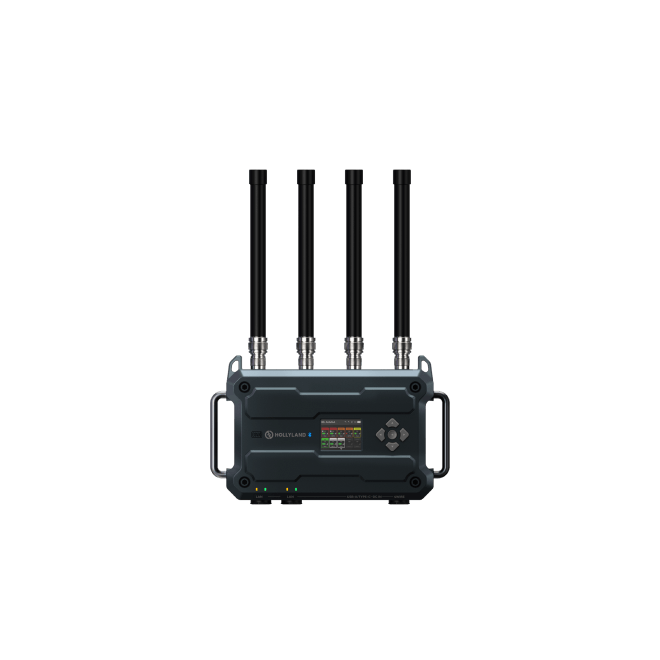
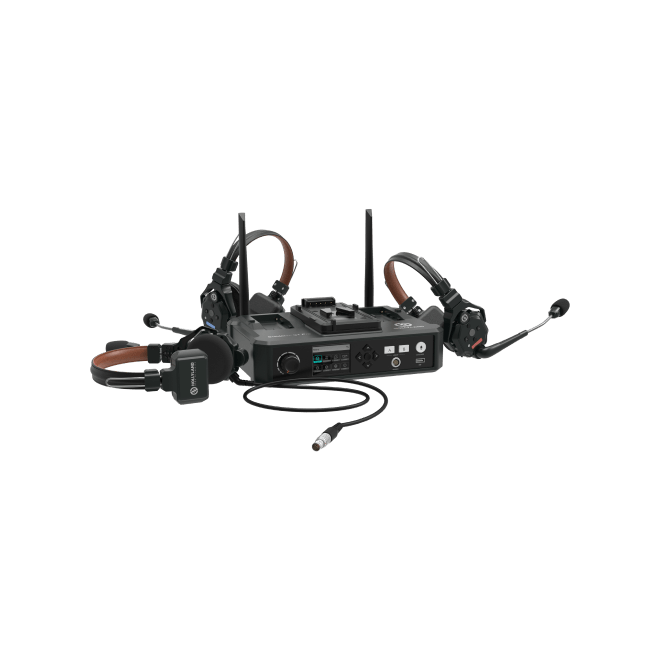
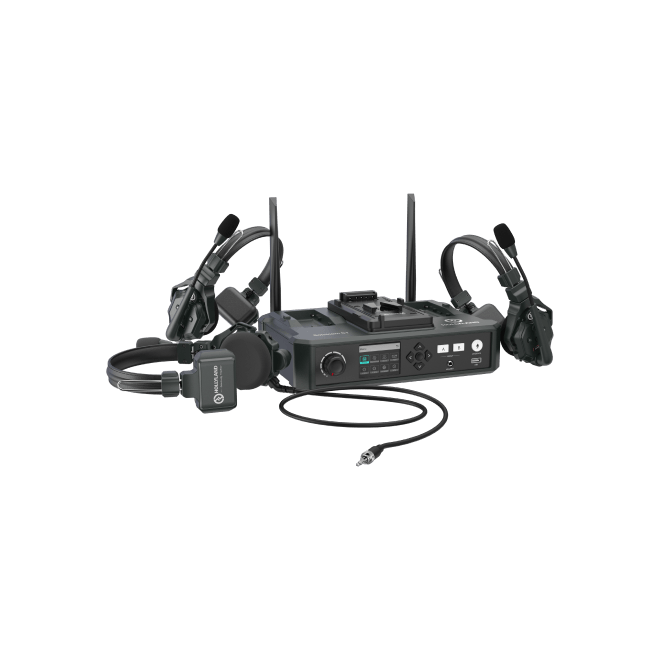
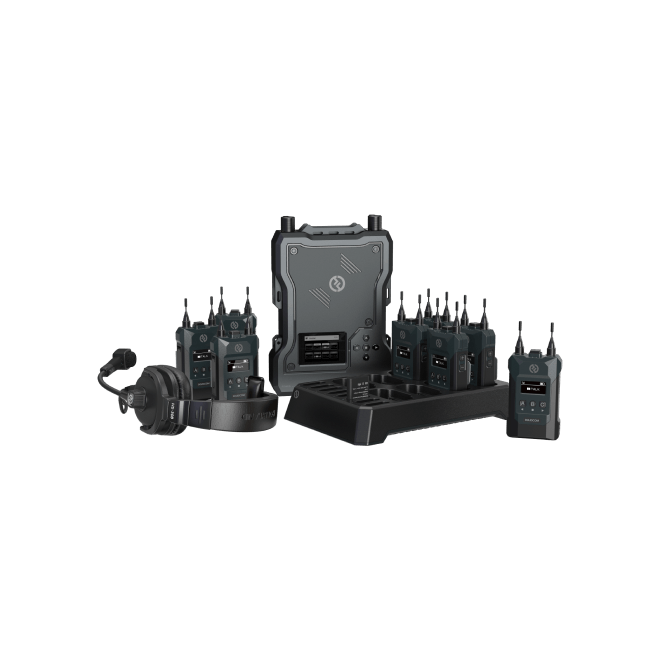
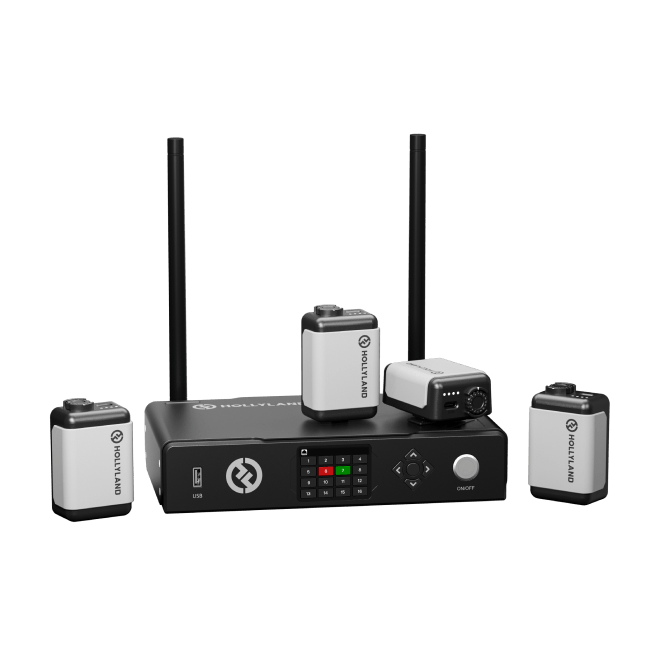
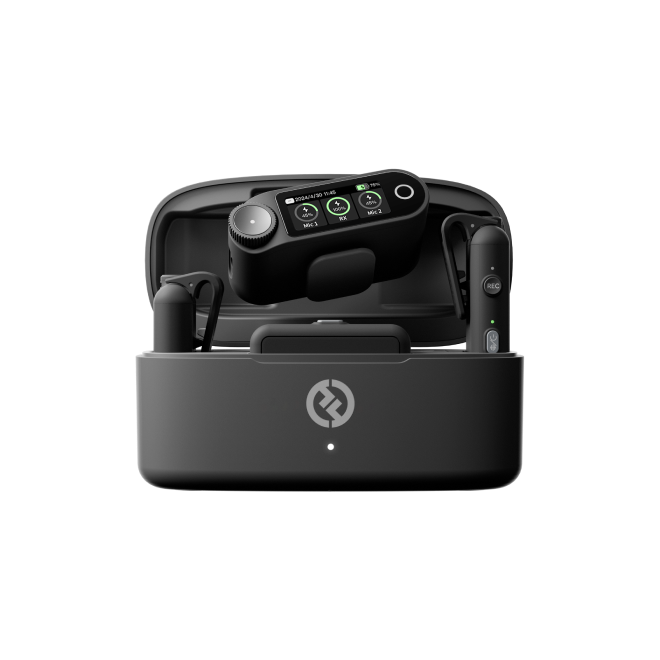
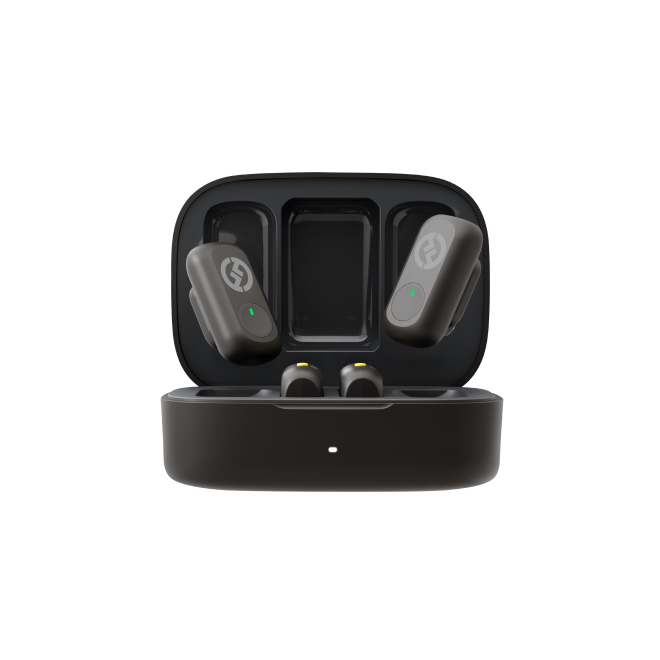

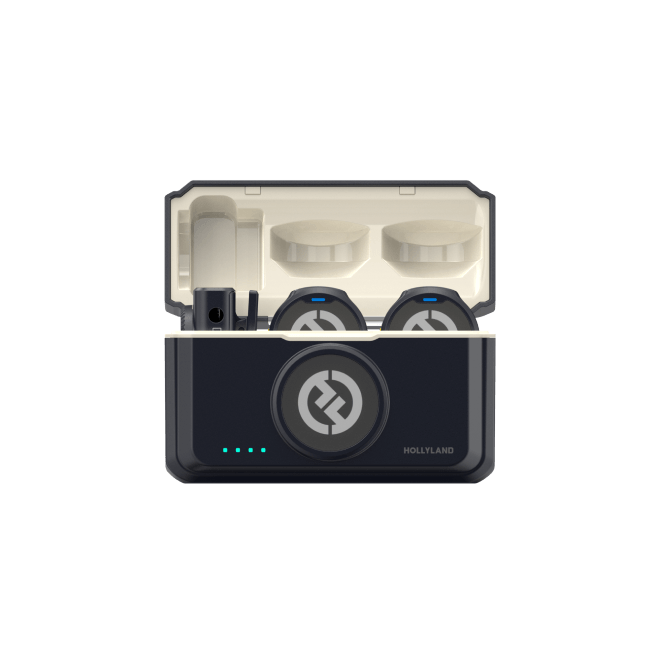
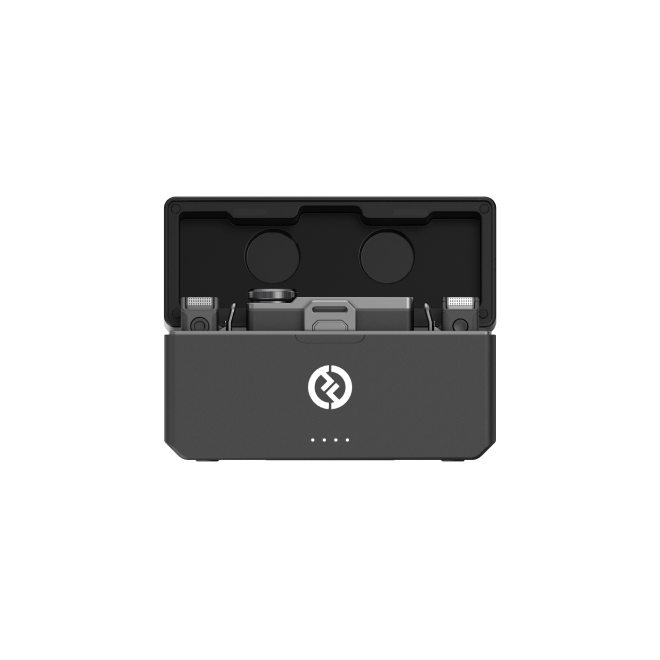
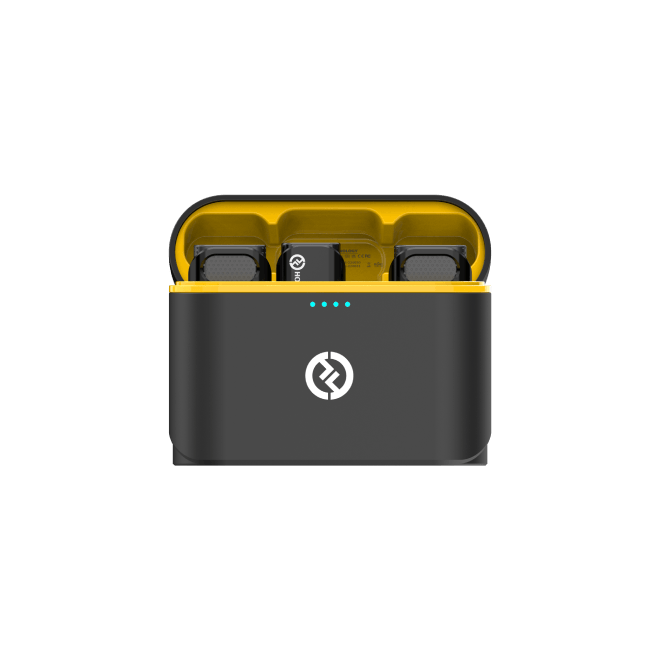
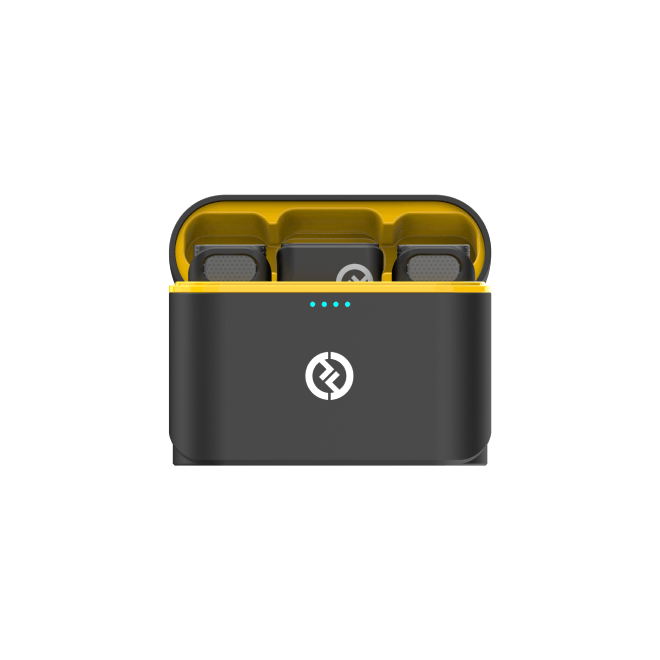
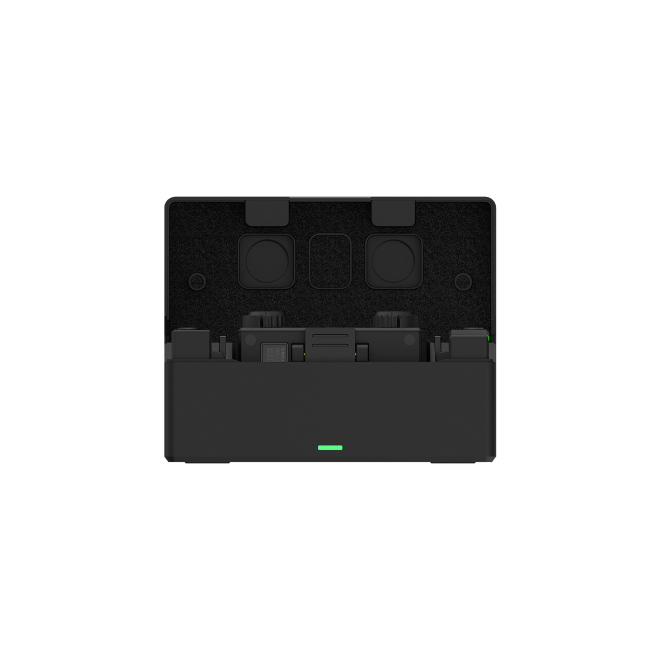
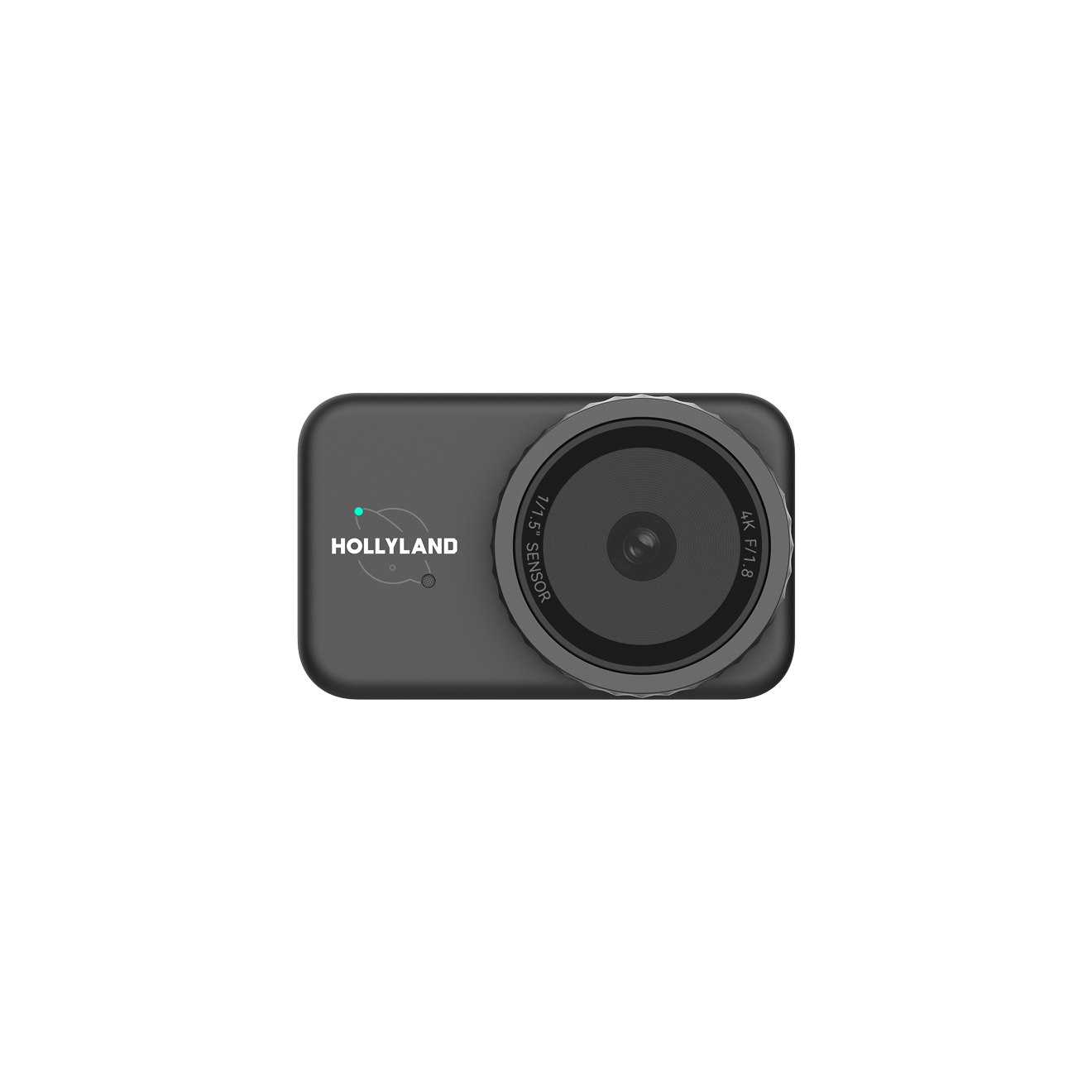

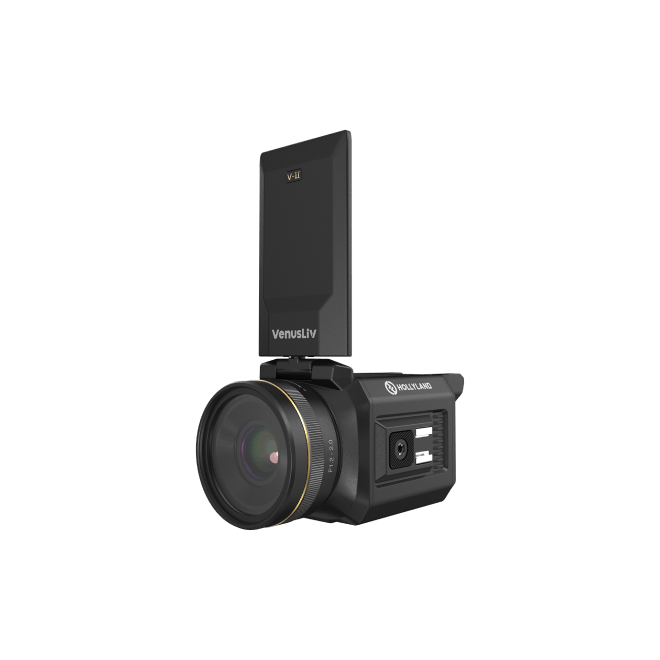
.png)



